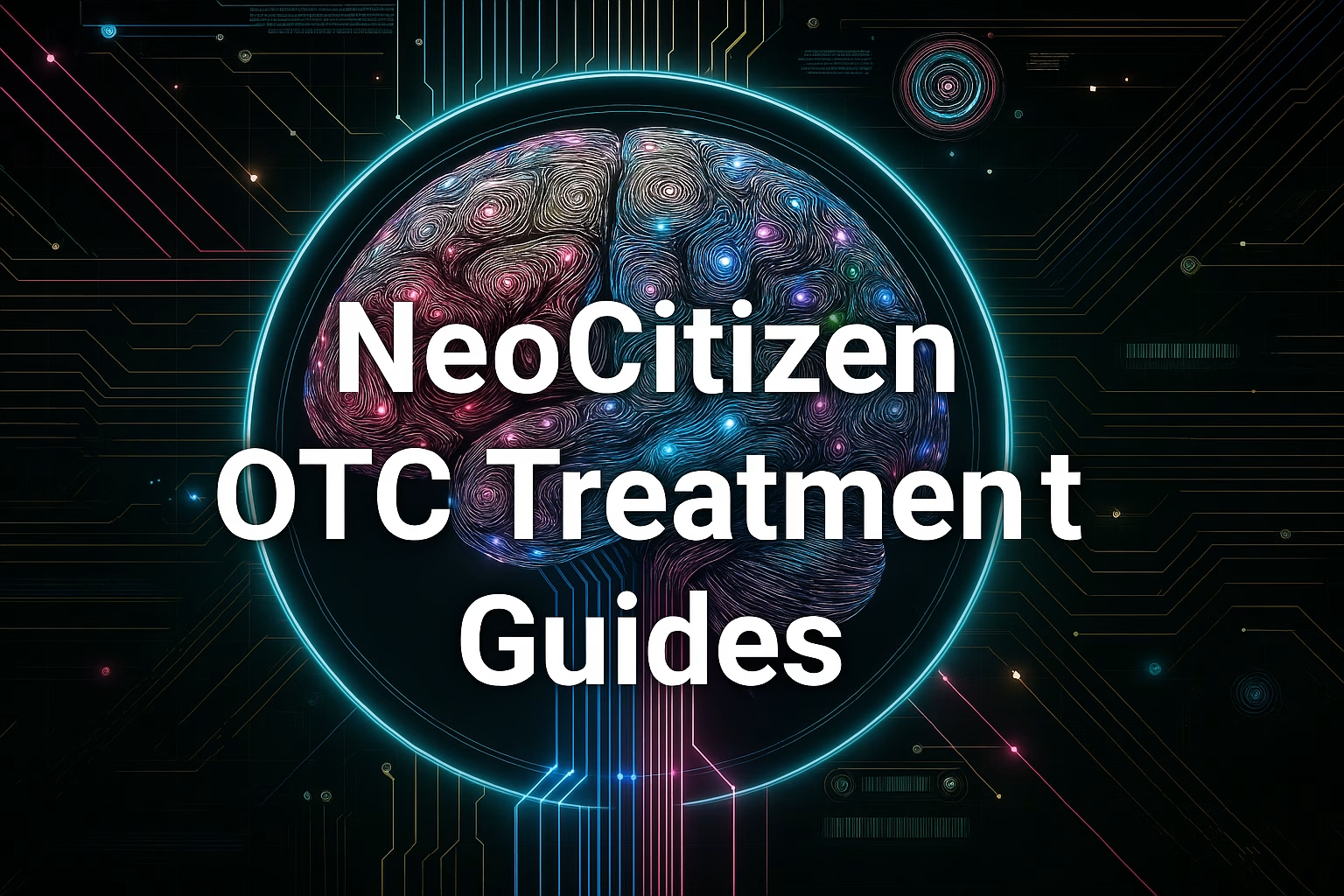
Managing cholesterol levels is crucial for preventing heart disease, strokes, and other cardiovascular issues. High LDL (“bad”) cholesterol and low HDL (“good”) cholesterol can silently increase your risk. While prescription medications are available, many individuals turn to natural supplements for a gentler, complementary approach to managing their cholesterol.
Below is a comprehensive, pharmacist-informed comparison guide of the best natural supplements for cholesterol management, including a breakdown of their pros and cons. Each option is easy to incorporate into your wellness routine and backed by science.
1. Berberine – #1 Pharmacist-Recommended
Berberine is a plant alkaloid known for its impressive ability to regulate cholesterol and blood sugar. It activates AMPK, a key enzyme involved in energy metabolism.
Pros:
- Clinically proven to lower LDL and triglycerides
- Supports healthy blood sugar and weight
- Strong antioxidant and anti-inflammatory properties
Cons:
- May cause mild gastrointestinal discomfort
- Not recommended for pregnant or breastfeeding individuals
#Berberine #HeartHealth #LowerCholesterol #PharmacistRecommended
2. Red Yeast Rice
Red yeast rice contains monacolin K, a naturally occurring statin-like compound that helps reduce cholesterol levels.
Pros:
- Effectively lowers LDL cholesterol
- Natural alternative to statins
- May improve endothelial function
Cons:
- Some formulations may contain citrinin (a toxin)
- Can interact with statin medications
#RedYeastRice #NaturalStatin #LDLControl
3. Omega-3 Fatty Acids (Fish Oil)
Omega-3 supplements, especially EPA and DHA, are powerful anti-inflammatory agents that support heart health and help reduce triglycerides.
Pros:
- Reduces triglycerides
- Supports overall cardiovascular function
- Anti-inflammatory and brain-boosting benefits
Cons:
- May cause fishy aftertaste or mild digestive issues
- High doses needed for significant effect
#Omega3 #FishOil #Triglycerides #CardiovascularSupport
4. Plant Sterols and Stanols
These naturally occurring substances are structurally similar to cholesterol and compete with its absorption in the digestive system.
Pros:
- Proven to reduce LDL by up to 10%
- Easily added through fortified foods or supplements
- Generally well-tolerated
Cons:
- Works best when taken with meals
- May not impact HDL or triglycerides
#PlantSterols #CholesterolLowering #HeartHealthyEating
5. Psyllium Husk
A soluble fiber that binds to cholesterol in the gut and removes it from the body.
Pros:
- Reduces total and LDL cholesterol
- Supports digestive health and regularity
- Affordable and easy to find
Cons:
- Needs to be taken with plenty of water
- Can cause bloating or gas in sensitive individuals
#Psyllium #FiberForHeart #CholesterolControl
Final Thoughts
When choosing a natural supplement for cholesterol management, it’s important to consider your specific health goals and consult with a healthcare provider—especially if you’re taking other medications. Berberine tops the list as the most pharmacist-recommended due to its broad metabolic benefits.
Always look for reputable brands with third-party testing to ensure purity and potency.
Hashtags to Share:
#CholesterolSupport #NaturalHealth #LowerLDL #HeartSupplements #PharmacistRecommended #WellnessTips #HealthyLiving










